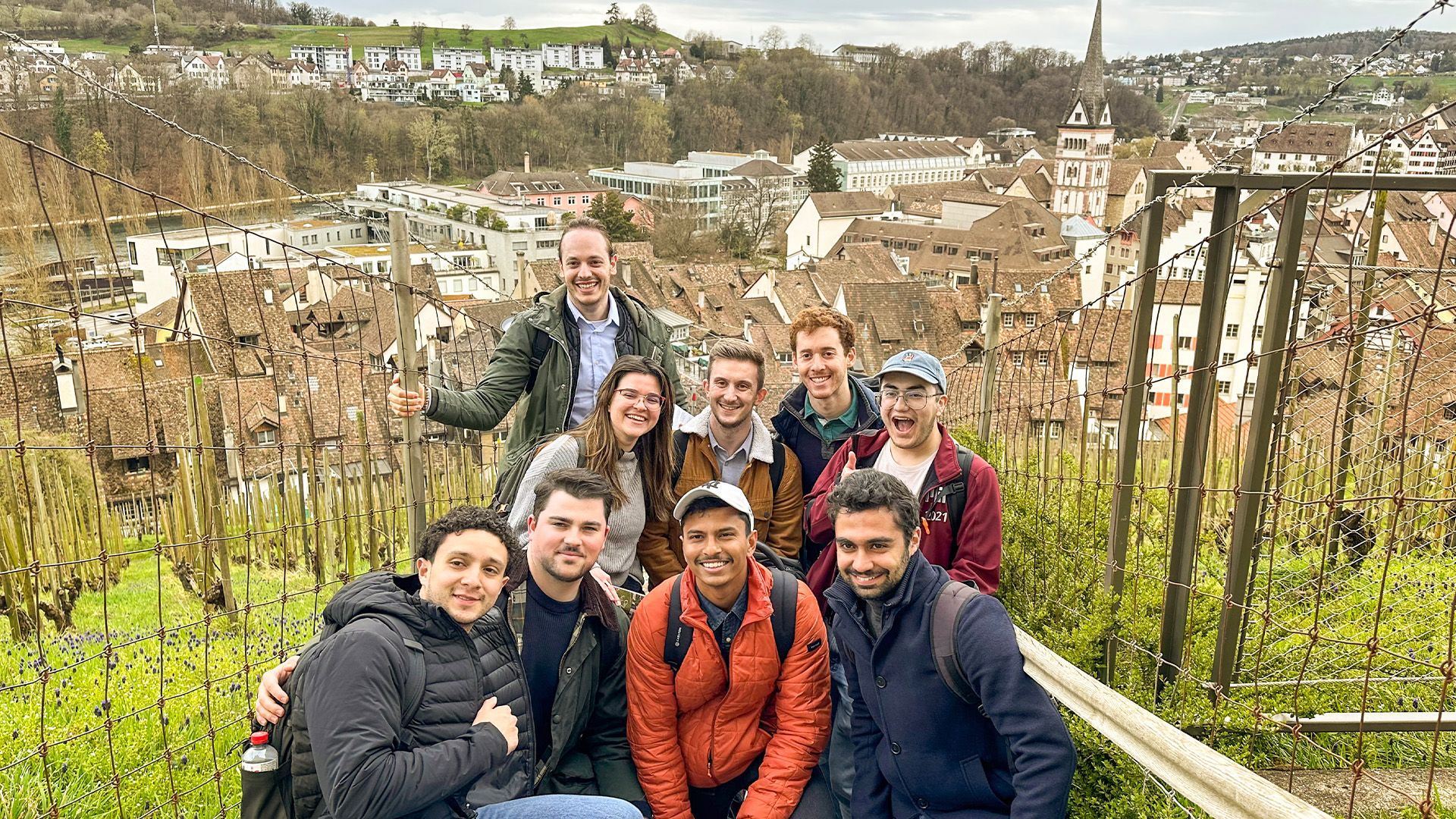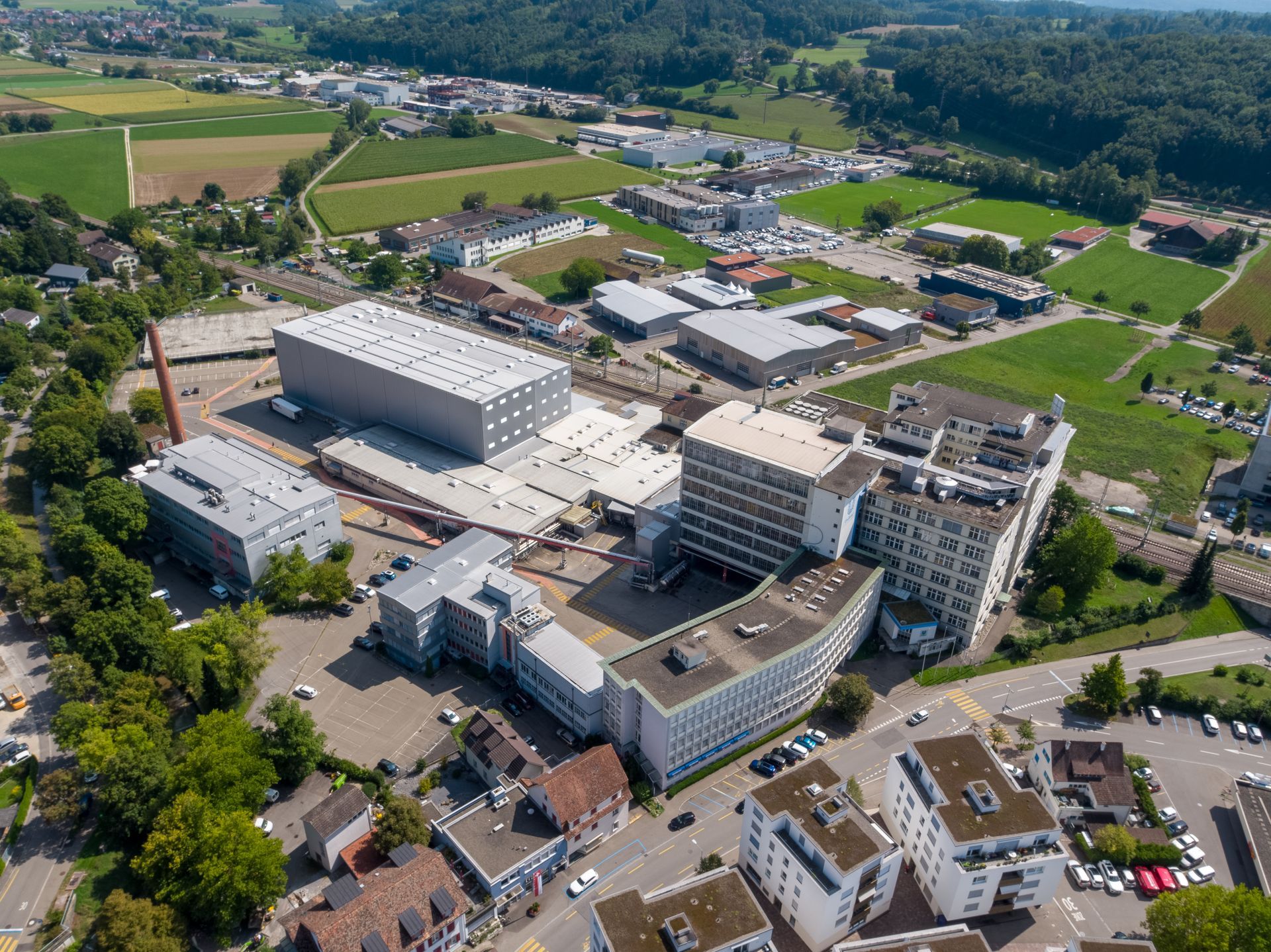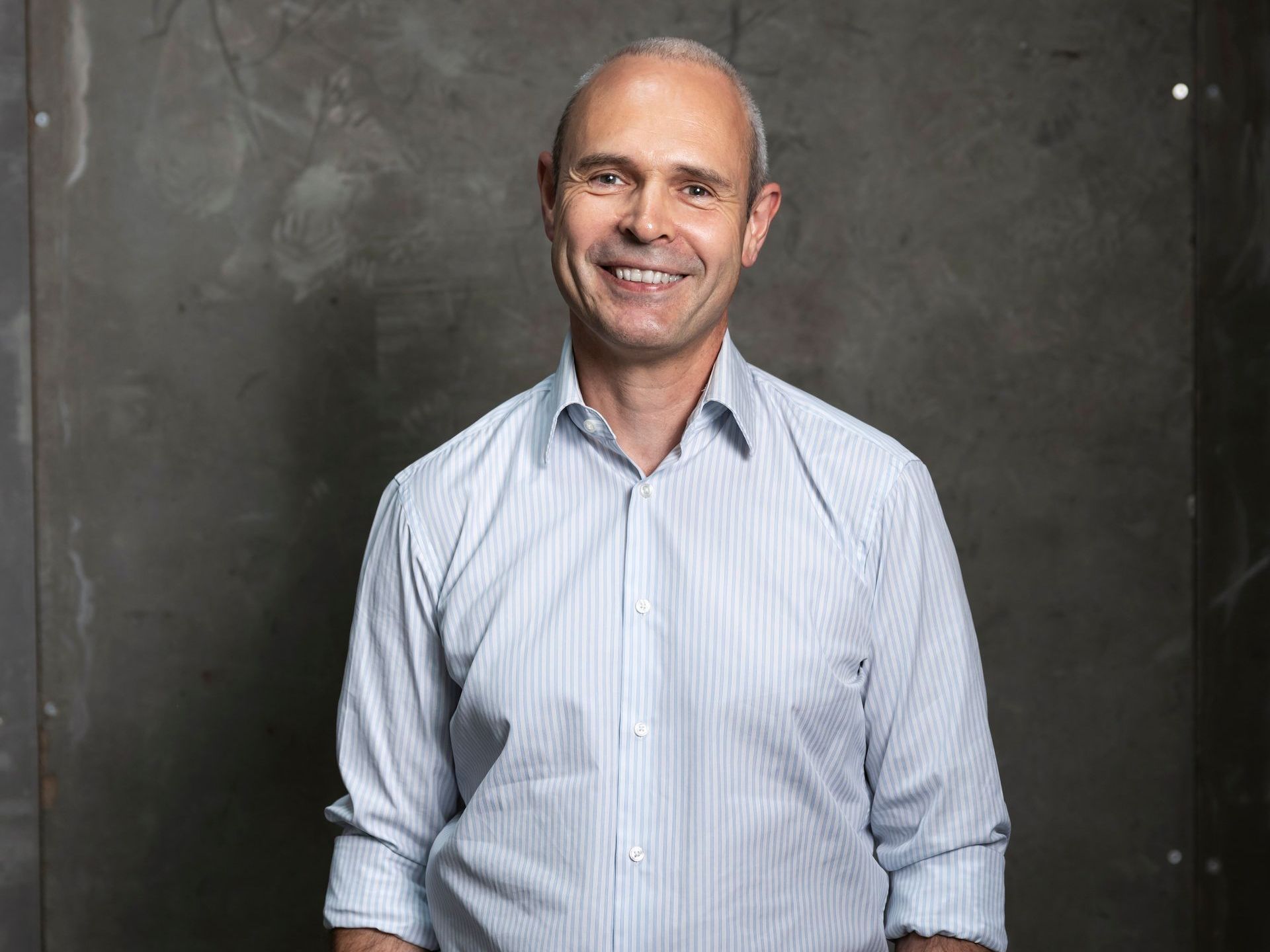The term "circular economy" isn't new, but it's gaining significant importance. We asked Albena Björck, a lecturer at ZHAW-School of Management and Law, why this is the case.
Circular Economy or the idea of a closed-loop system is the talk of the town. Hardly a week goes by without a company, decision, or project on this topic being discussed in the media. So, what exactly does circular economy mean, and what's its economic significance?
Albena Björck: Unlike today's linear economic system, the circular economy aims to reduce resource consumption, waste, emissions, and energy loss. This is achieved by minimizing, slowing down, and ultimately closing the material and energy loops. The circular economy requires close cooperation between all value creation participants, emphasizing innovation and resulting in increased resilience. Its economic significance goes beyond just important activities like recycling or corporate social responsibility.
Where are we today?
Albena Björck: Switzerland is currently only about seven percent circular. Despite a leading recycling rate of 52 percent in 2022 and a positive public attitude, only 6.9 percent of the raw materials used come from secondary sources like reuse and recycling. This urgently needs to change, and the circular economy system is the right tool for this.
Why is this rate so low? The circular economy isn't a new invention!
Albena Björck: The idea of a closed-loop value creation originated in the 1970s, initially found in industrial design and architecture. However, it was long perceived by businesses and research as a niche topic. At first, crucial foundations were laid with technological and material innovations. The focus now is on strategic and cultural anchoring, increased complexity, vulnerability of supply chains, and redesigning relationships with end-users. These require management expertise and interconnected thinking, and a lot of bridge-building between disciplines and experts.
That sounds logical, but the implementation seems challenging…
Albena Björck:
Indeed, in practice, it involves a systemic shift and a new way of thinking. To unlock the full potential of the circular economy, we need new values, business transformation, and behavioral changes from all actors. In academia, we talk about purpose and purpose-oriented organizations and ecosystems that take a leadership role in the circular economy, along with developing the necessary leadership and professional competencies.
What exactly do you mean by this purpose-orientation?
Albena Björck: Purpose-oriented organizations today combine functional excellence and financial success with social and relational goals. Purpose, as the guiding idea and raison d'être of an organization, provides direction for strategy, culture, and daily business. This includes the innovative energy and strong commitment of employees, customers, and business partners. While the success of a company was once based on skilled division of labor, collaborative and interdisciplinary skills and communication are now more essential. These are all desirable goals.
What's your connection to Schaffhausen?
Albena Björck: I'm familiar with the Schaffhausen business location. I've been working with Schaffhausen companies in research, master's theses, and student business projects for years, including topics like purpose and circular economy. A recent example: A multidisciplinary team of ZHAW International Business students and Stanford University engineering students developed a circular system solution for drug distribution and visited Schaffhausen several times. I'm pleased that our collaboration continues in various forms.
Dr. oec. HSG Albena Björck, Lecturer. She received her doctorate from the University of St.Gallen, focusing on the transformation and business model evolution of the pharmaceutical industry and distribution. Currently, she lectures and conducts research at the ZHAW School of Management and Law in the area of strategic management and communication, with a focus on purpose-oriented organizations, transformation, crises, and renewal. She initiates and leads strategic projects with globally operating companies for research and educational purposes, recently in collaboration with Stanford University. Albena Björck is an expert for Innosuisse, sits on the board of the "Go Circular in Life Science" initiative, and holds leadership roles in international academic associations.








